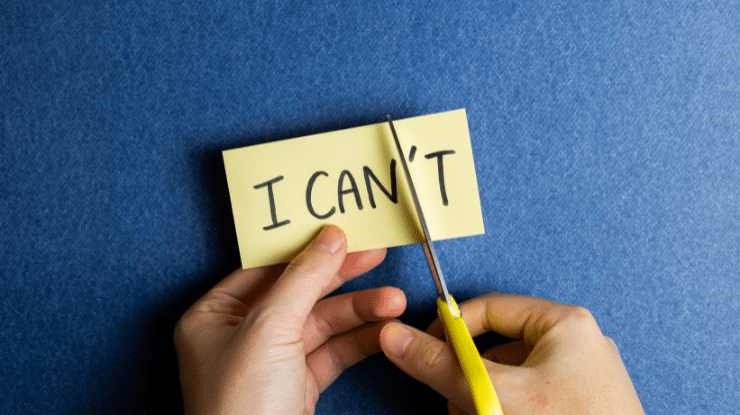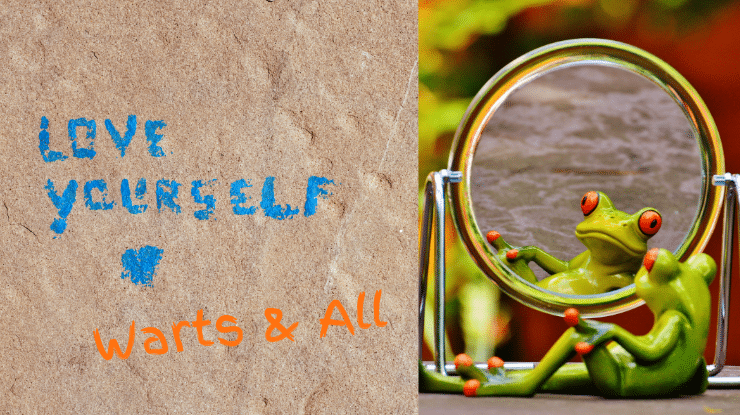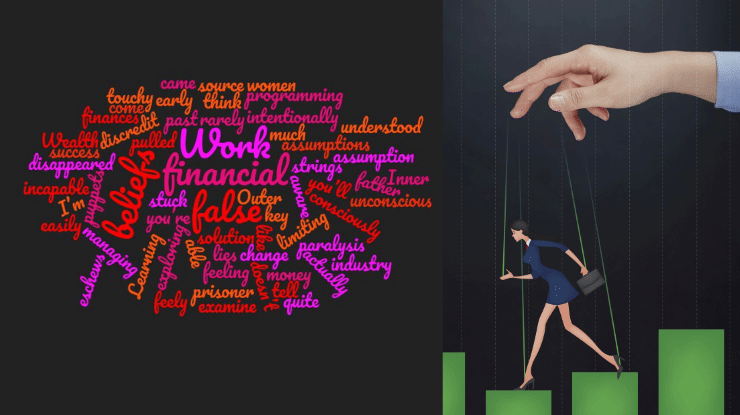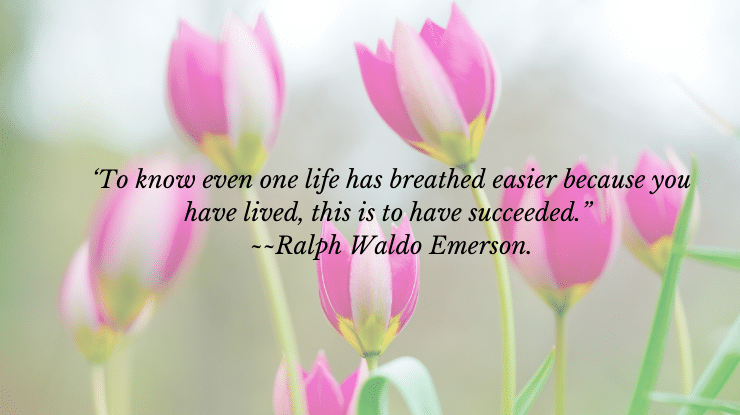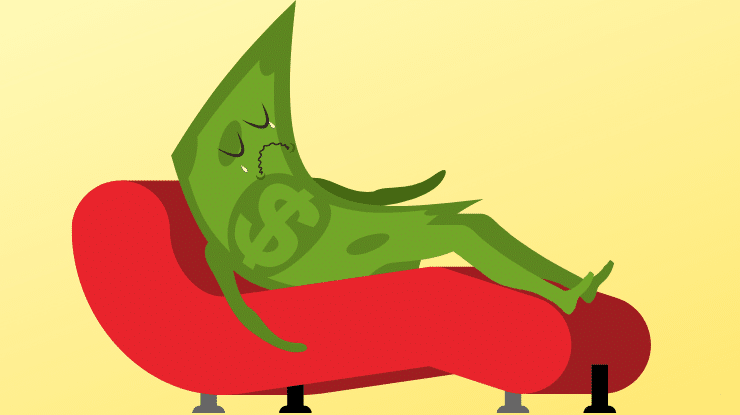On the outside, she had it all together. A successful entrepreneur who made loads of money, dressed exquisitely, and lived in luxury.
But every morning she woke up feeling like “there’s ground glass in my gut.” Under her polished veneer, she was drowning in debt.
“I am making good money, but I have nothing to show for it,“ she told me. “I’m broke but nobody knows it.”
Our successful entrepreneur represents a raging epidemic—people who are professionally successful but financially strapped.
Most experts advocate budgeting as the best solution. But she had tried repeatedly to follow a budget, only to fail miserably.
The truth is, will power alone is never enough to stop compulsive behaviors. Because money isn’t the problem, but a symptom of something deeper.



